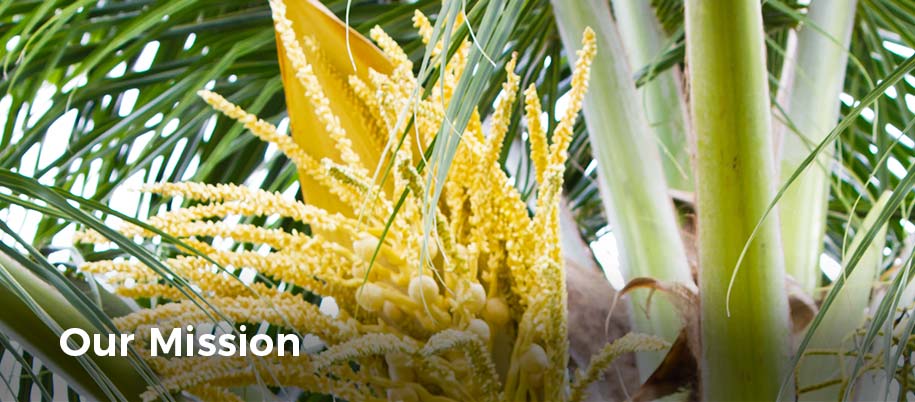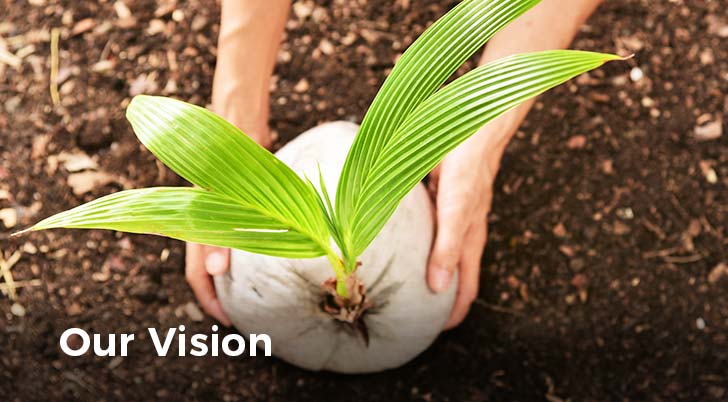Regenerative Organic CertifiedTM(ROCTM) is an agricultural certification for food, fibre, and personal care ingredients. Based on three pillars, ROC requires
farmers to ensure healthy soil, the ethical and humane treatment of animals, and fairness in dealings with farmers & workers.
In this way, ROC goes above and beyond a combination of the more prevalent Organic and Fair-Trade certifications and is now the highest standard in the
world for responsible businesses.
The ROC certification has three levels-bronze, silver, and gold-that
require businesses to phase in more rigorous regenerative organic
practices over time.Serendipol is currently silver
ROC certified. Silver is the core level of ROC, indicating that the
certified organization has adopted key regenerative organic practices.
By choosing ROC, you will be assured of a high-quality input or end
product that is healthier and your purchase also delivers benefits to
farming communities while supporting better planet health. You
connect with a full suite of critical values and your purchase makes a
positive impact at every level: personally, socially, and environmentally.
For farmers, there is a long-term potential for financial stability, as
regenerative organic practices reduce the need for expensive inputs
and can make farms more resilient to pests and extreme weather-
preventing or mitigating crop losses.
Some farmers can generate additional income through new crops
planted to meet ROC requirements for crop rotations. Indeed, apart
from being better for people and the planet, ROC could also be better
in terms of profit. However, it takes time to put regenerative systems
in place and to reap these benefits, as this type of farming requires
more complex management than industrial-chemical systems.
Before being eligible for ROC, farms must first hold an organic
certification from the USDA or an equivalent body in their country.
Those who meet ROC criteria need to pay a small fee, about 0.1
percent of sales for farms and 0.2 percent of sales for brands, to
become certified. You can access the ROC Manual here.


Banana, pineapple, ginger, cinnamon and other inter crops grown between coconut trees to increase biodiversity, reduce pest pressure, and promote sequestration of CO2 into the soil.
Because crops are planted more densely, also generates additional income per acre for farmers.
Bee keeping to encourage pollination of main and inter crops and to support natural habitats.


Productive seedlings placed in between existing trees to receive sufficient sunlight.
Once seedlings are old enough to produce nuts, the neighbouring ageing trees are removed.


Produced and supplied >33 million kg of compost to our farmers at subsidized prices, spending over $450,000.
With our support, some farmers now produce their own compost on-site.
Over half of our farmers allow cattle to graze on their coconut estates—helping to convert weeds and grass into manure, stimulate growth of plant roots, and sequestration of CO2 into biomass.


Vegetative cover with a ground canopy of perennial grasses and other cover cropping species.
Mulching with weeds, leaves, coconut fronds and coconuts husks.
Adding contour drains/bunds.
Burying spongy coconut husks in pits around trees.


Some of our farms have thick canopies, high species diversity, and high biomass generation reducing soil erosion.
In such farms, we observe recycling of leaf litter, sustainability of soil fertility, reduced soil erosion, and improved food security.
Our innovative and comprehensive agroforestry project.


Ensuring traceability of product through personal, verifiable, and transparent relationships with farmers.
Maintaining organic integrity through stringent measures-e.g., GPS-monitored lorries-to avoid commingling at farm, in transit, or in storage.


To help our contract growers improve the fertility and profitability of their estates through natural methods. To be a catalyst of rural development in our host community and our entire project region-in respectful cooperation with our staff, growers and the community at large.
To conceive, develop and produce novel, high-quality value added coconut based products that demonstrate the versatility of this renewable resource. To demonstrate to customers and consumers that operating under our “organic and fair trade” mandate is compatible with the professional and profitable operation of a business.


To be the world’s foremost supplier of certified organic and fair trade coconut products, thus giving our shareholders and customers a reliable, environmentally sustainable and socially responsible source of raw material for their food and body care products.
